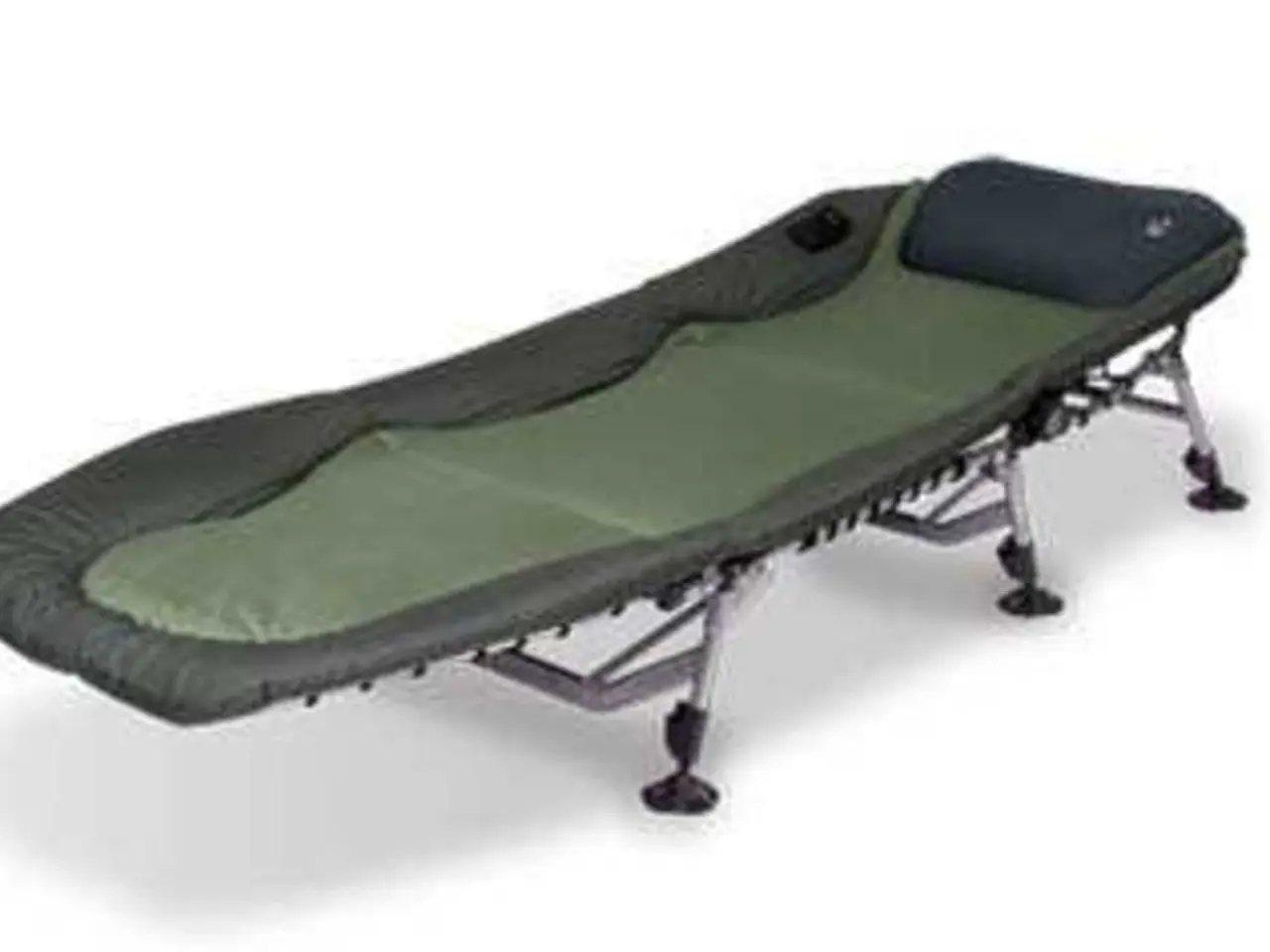Alleviate Neck Strain: Explore Ten Stretches and Exercises for a Pinched Nerve
A pinched nerve in the neck can be a distressing and uncomfortable condition, causing symptoms such as tingling, numbness, or weakness in the neck, shoulders, hands, or arms. Fortunately, the United Kingdom's National Health Service (NHS) offers recommendations for effectively managing this issue.
According to the NHS, the key approaches for managing a pinched nerve in the neck involve staying physically active, performing specific neck exercises, avoiding activities that increase discomfort, using heat or ice therapy cautiously, and returning to normal activities as soon as possible.
Staying active and moving the neck gently within a tolerable range is crucial. Neck movements like side-to-side rotation and turning left to right, done regularly throughout the day, help maintain neck mobility and manage symptoms better.
Specific neck exercises can strengthen and stretch neck muscles, such as the neck rotation stretch, face clock stretch, and isometric head press. These exercises, when performed consistently, can help alleviate discomfort and promote recovery.
Avoiding activities that increase discomfort, such as heavy lifting or high-impact sports, is essential until pain and movement improve. It's also important to warm up before any physical activity.
Heat or ice therapy can be used to reduce pain and inflammation, but it should be applied cautiously. Always use a barrier (like a towel) between the skin and the heat/ice source, limit treatment to about 15 minutes per session, and allow breaks in between. If you experience skin redness, blistering, or worsening symptoms, stop the treatment immediately.
Returning to normal activities, including work, as soon as possible, even if you are not completely pain-free, is recommended. Staying active and avoiding prolonged rest helps prevent weakening and promotes recovery. Modified duties may be necessary initially, but working in discomfort is unlikely to cause long-term damage and can reduce the risk of re-injury.
However, if symptoms worsen or do not improve, it's essential to seek medical advice. Persistent pain or neurological symptoms may require further assessment and treatment.
In addition to these recommendations, the NHS suggests taking frequent walking breaks every 30 minutes while sitting and avoiding activities that worsen pain and other symptoms. People may need to avoid activities that involve lifting heavy weights or physical contact.
For many people, an individualized physical therapy plan offers quick results and significant improvements in strength and mobility. Other treatments for a pinched nerve may include a collar to immobilize the neck, nonsteroidal anti-inflammatory drugs (NSAIDs), such as ibuprofen, cold therapy with ice packs, massage therapy, surgery (in rare cases), and yoga, with its slow movement of the body through a wide range of positions, is an ideal low-impact option for people dealing with pain.
In summary, the NHS guidance emphasizes gentle, regular movement of the neck, specific strengthening and stretching exercises, cautious use of heat or ice therapy, and maintaining normal activities including work to effectively manage a pinched nerve in the neck and support recovery.
- The predictive value of a pinched nerve in the neck causing symptoms like tingling, numbness, or weakness in various parts of the body is becoming increasingly understood in health-and-wellness science.
- Aq, multiple sclerosis, and psoriatic arthritis aren't directly linked to a pinched nerve in the neck, but managing these conditions can help prevent such issues due to the shared factor of joint and nerve involvement.
- Depression and anxiety often accompany shoulder pain caused by a pinched nerve, and addressing these mental health issues through therapies-and-treatments like yoga and counseling may aid in faster recovery.
- To follow the NHS recommendations for managing a pinched nerve in the neck, one should incorporate fitness-and-exercise routines, such as yoga, that promote flexibility and strength in the neck and shoulder region.
- Proper nutrition, including minerals and vitamins essential for immune function and nerve health, may aid in reducing inflammation and speeding up recovery related to a pinched nerve in the neck.
- In cases where the connected arm or hand experiences persistent pain or other symptoms, consultation with a healthcare professional for the appropriate therapies-and-treatments, such as medications, immobilization devices, or surgery, might be necessary.
- With consistent practice of recommended exercises, taking regular walking breaks, and adhering to gentle neck movements, it is possible to alleviate the discomfort of a pinched nerve in the neck and improve overall well-being through health-and-wellness and fitness-and-exercise regimens.




